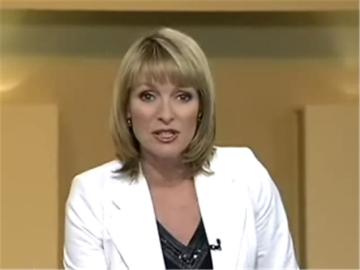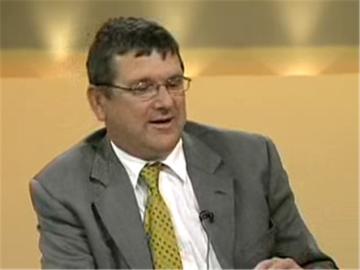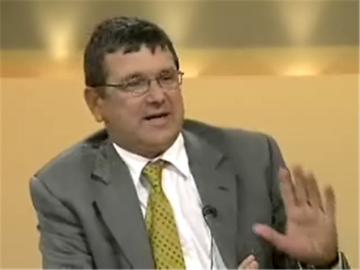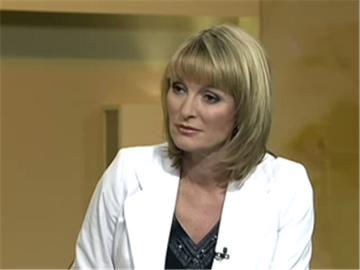|
The Christchurch Civic
Creche Case |
|
|
|
|
|
Arthur Allan Thomas and David
Dougherty are two names we all know, falsely imprisoned for crimes they
didn't commit. But how many more are there we
don't know about? A new report tells us at least 20 prison inmates at any one
time in New Zealand shouldn't be there. And according to this new report
Peter Ellis was one them. Years after being released from prison, Ellis is
still trying to clear his name of multiple child sex abuse charges. Now his case
is being taken up in the report written by retired court of appeal judge Sir
Thomas Thorp. That report simply entitled "Miscarriages of Justice"
was presented to a legal conference a conference at which Peter Ellis
actually spoke. Sir Thomas' research is also
finding favour with others in the legal fraternity. Last year criminal lawyer Robert
Lithgow declared he wouldn't go back to the court of appeal again so
frustrated is he with its inability to re-examine these very cases. Susan Wood spoke with Robert
Lithgow and asked him if Justice Thorp's report gave him some heart.
Transcript
Susan Wood They
simply say - a jury what twelve men good and true, or women good and true I
suppose, that's sort of untouchable? Robert Lithgow Yes.
Whereas I say twelve amateurs who are told the rules mainly at the end of the
case and then told to remember how the game went that they are infallible.
Well that's simply magical thinking isn't it? That's not legal thinking.
That's being silly about it Susan Wood Lets
talk about a specific case and an important case. The Peter Ellis case. How
does his ...or what has happened to him illustrate the issue? Robert Lithgow The
Thorp report uses the Ellis case because he is a very good example of a
factual clash and then what you call environmental factors. A fashion at that
time for a certain type of complaint, the idea that there was systemic sexual
abuse occurring and being covered up by important people and that all
happened in Christchurch it was said at a certain time. ·
Misleading scientific evidence, you know, children don't lie about
these things, ·
Medical evidence which is nonsense - that it's certain physical symptoms
of children are not inconsistent with sexual abuse. Well of course nothing is
not inconsistent with it ·
Incomplete crown discovery, ·
The use of bad attitude evidence which overseas jurisdictions call consciousness
of guilt, you know he looks shifty, seems a bad person, didn't cry at his
father's funeral. ·
Tunnel vision on the part of the investigators, the police that then
carries the witnesses along because the police somehow exude the feeling that
they've got the right person and that you're on a white horse mission to
solve something bad and you're doing a good thing, ·
and then the shortcomings of the appellate system Susan Wood Does
this give Peter Ellis hope though - this report?
Robert Lithgow Well,
many cases have taken forever. Many people have waited 40 years. Some people
have received pardons after they are dead. |




